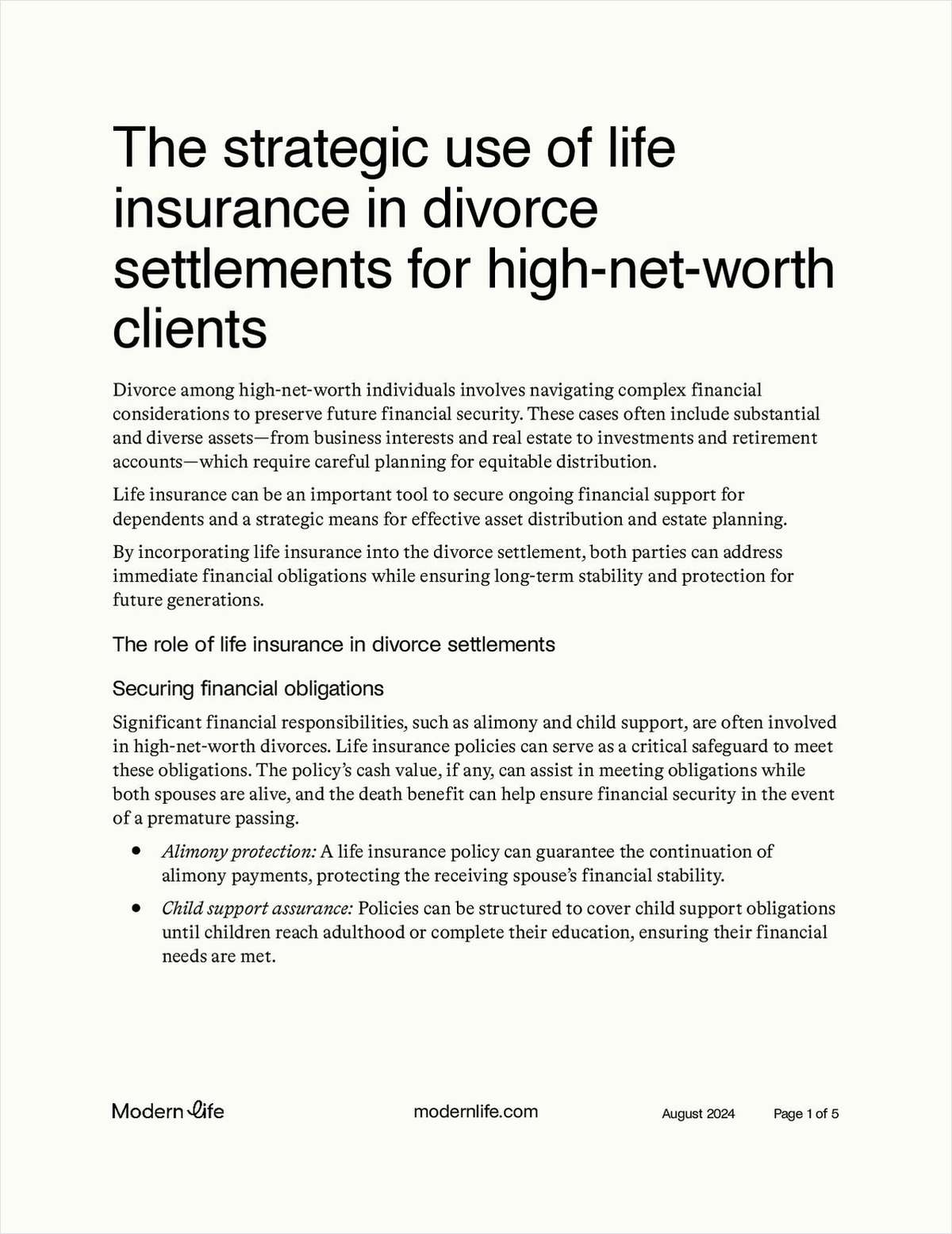"Sometimes, political campaigns make decent people act and talk like perfect buffoons." The late Tony Snow, television journalist, commentator and (ultimately) press secretary to President Bush was first and foremost a wordsmith with a gift for using few words to get to the heart of the matter. Perhaps had he lived to see this campaign season, he might have offered something a bit stronger. While watching the buffoons engaged in the demolition derby of presidential zero-sum politics distracts us, we may have missed a significant battle playing out in the courts.
In early May, the Wall Street Journal ran an article by Chris Jacobs. Appearing in their "Washington Wire | Think Tank" section, the headline asked, "What if the Next President Cuts off Obamacare Subsidies for Insurers?" Jacobs used the announcement made just days before that Humana was "… considering raising premiums and changing or eliminating plans" on the exchanges. He then asks, "What happens if Donald Trump is elected — and cuts off their access to Obamacare cost-sharing subsidies?" This issue is broader, however, and trumps (sorry) a purely partisan predicate.
In 2014, Republicans in the U.S. House of Representatives challenged these subsidies by filing a lawsuit (House of Representatives v. Burwell) arguing that the executive branch of the government cannot spend money that was not specifically appropriated by Congress (Article I, section 9, clause 7 of the U.S. Constitution). The law's cost-sharing subsidies pay for copayments and deductibles for certain eligible low-income individuals. While the Affordable Care Act appropriated funds to subsidize premiums, it did not similarly appropriate funds for these cost-sharing subsidies. It was clear that the administration was aware of this limitation back in 2013 when it asked Congress to make the appropriation that had been omitted from the law. Yet in one of the (many) 180-degree pirouettes that have marked the timeline of the ACA, just months later the executive branch decided that they did not need Congress to appropriate funds and they began paying those very cost-sharing subsidies.
On May 12, Judge Rosemary Collyer ruled for the plaintiffs. There will be no immediate changes, however, since the judge stayed her ruling to allow the administration to file the inevitable appeal. Most legal scholars believe that this suite will ultimately end up in the Supreme Court. Please, refrain from making predictions about the outcome — you remember how well that worked the last time an ACA issue came before the Supremes.



